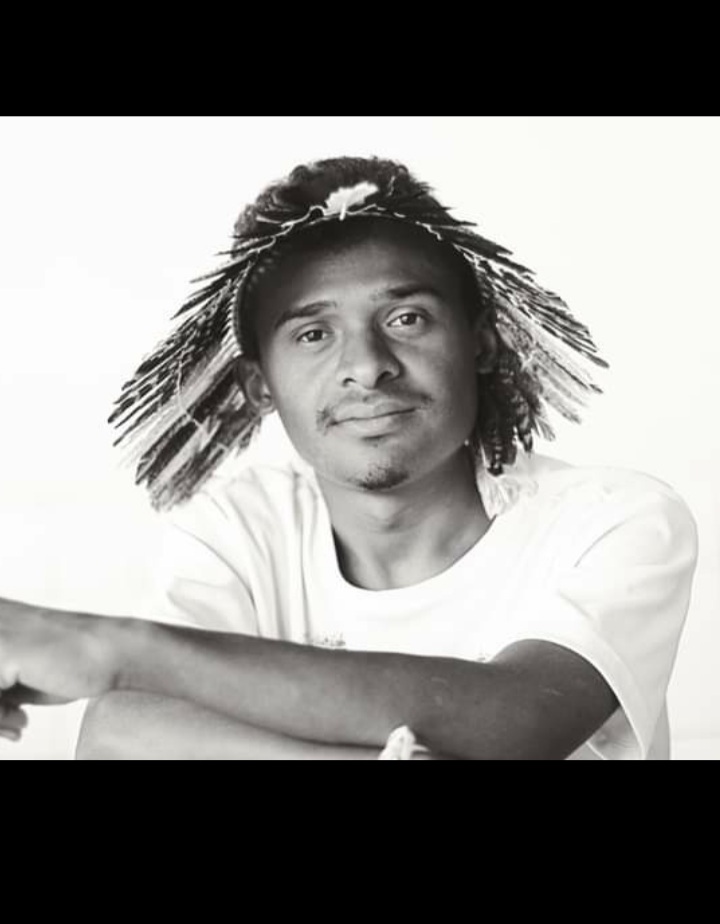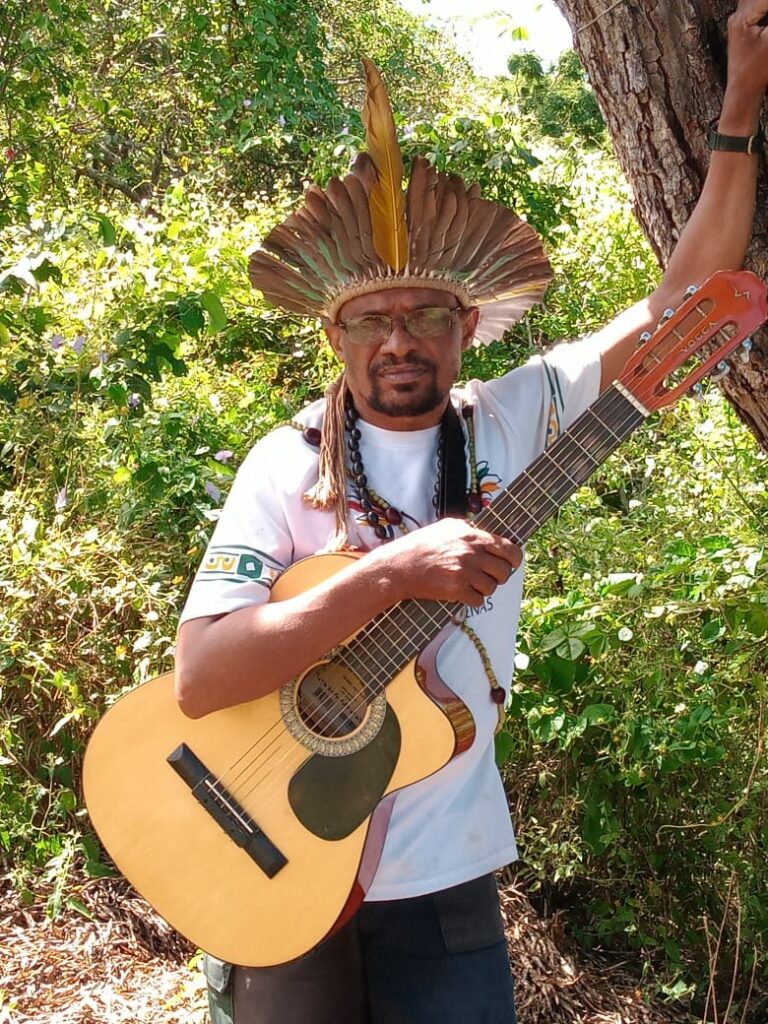Researcher: Daniela Alves de Araújo
Interviewee: Fagner Gavião
Date: 28/09/2020
This study is being conducted by Indigenous students from the Federal University at Recôncavo Bahia (UFRB), together with Indigenous students from the Federal University at Bahia (UFBA) and from the Bahia State University (Uneb), in partnership with the University of Sussex in England. It is part of the Mapping Indigenous Rights Abuses in Northeast Brazil project. The main objective is to discover how the Indigenous populations of Ceará have been doing during the new coronavirus pandemic, focusing on the preventive measures adopted by the villages, the number of cases and the main impacts on the communities. This interview was conducted in an exchange of WhatsApp text messages.

- What is your name and age?
Raimundo Fagner Meneses dos Santos, 26 years old.
- Who are your people? What is your village and municipality?
Gavião People, Boa Vista dos Rodrigues village, in the municipality Monsenhor Tabosa (Ceará state).
- In your village, were there any cases of Covid-19? If so, were you related to the person?
Thank God, no.
- What safety protocols did the village adopt?
The safety protocols of our village are: when someone leaves to go somewhere, use a mask, gel or liquid alcohol, and stay away from crowded places. We reduced trips from home to places suspected of having people with Covid-19. We only go out when it’s really necessary, and with great care.
- How about the question of rituals in your village?
The question of rituals in our village… We took a break, because people are very afraid of contracting Covid-19. But when the cases decline, we will return to performing our rituals.
- Were you affected in any way? If so, what were the main impacts?
I personally didn’t contract Covid-19, but my work, as a youth and adult education (EJA) teacher was affected. I work as an EJA teacher in the municipal teaching network, and the classes are being given remotely, because most of the students are in high risk groups.
- Did you lose a relative or someone you know to Covid-19?
Yes, one of the Indigenous health agents [AIS] from a neighboring village.

Interviewee: Toinho Gavião
Date: 18/09/2020
Questionnaire:
- What is your name?
- How old are you?
- Who are your people? What is your village and municipality?
- In your village, were there any cases of Covid-19?
- What safety protocols did the village adopt?
- How was it for you, an Indigenous person, to live through this very difficult moment?
- Were you affected in any way? If so, what were the main impacts?
- Did you lose a relative or someone you know to Covid-19?
Answers via audio:
- Good morning. It’s a pleasure to respond to your questions. My name is Antônio de Sousa dos Santos, better known as Toinho Gavião.
- I am 53.
- I am Gavião, from the Boa Vista village, in the municipality of Monsenhor Tabosa, Ceará state.
- In our village, there were no cases of Covid-19, thank God.
- Here, we spoke to all of the people and the families in the village. Each family is taking its own measures and precautions; each one is taking care of their home and their people. These were our instructions. These were the protocols that we adopted given the situation, for everyone to protect themselves. When leaving to go somewhere, mask and gel alcohol use are required. When you arrive from a trip, place your clothes in the sun, wash. This was what we decided to do here in our village of Boa Vista.
- Here in Boa Vista, being an Indigenous health agent, I worried a lot, because we couldn’t enter homes – even today we still can’t. We carry out visits, but we can’t enter the home, we can’t have a discussion with the people. This is very difficult. Mainly because I am a health agent, not just in my village, I work in three villages (Boa Vista, Pelada and Queimadas), so it’s very difficult for me.
- No. Thank God, here in our village there were no cases, thank God, despite the fact that some people to whom we spoke did not follow the recommendations. So far, we’ve kept the village case-free, thank God.
- No. Relatives, right here in the village, we didn’t lose any. However, we lost a work colleague from a neighboring village. We were very sad, because she was a very active co-worker. It was right at the beginning of the pandemic that we suffered this case. She was an Indigenous health agent, but I believe that she is in the world of the enchanted ones, helping us every day.